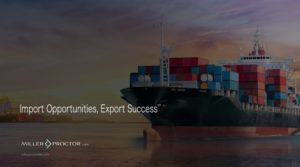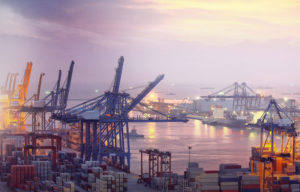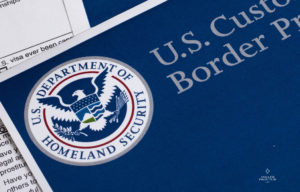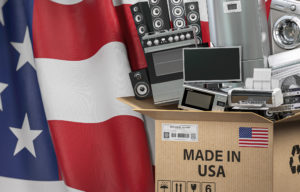News & Insights
FEMA Implements Temporary Rule Restricting Exports of Certain Personal Protective Equipment Used to Treat the COVID-19 Virus
On April 10, 2020, FEMA issued a temporary rule that prohibits exports of certain personal protective equipment (“PPE”) used to treat the COVID-19 virus from the United States without prior FEMA approval. The temporary rule took immediate effect and will continue in force until August 10, 2020. The temporary rule was implemented in accordance with the Presidential Memorandum issued on April 3, 2020, which provided that scarce or threatened materials should be allocated for domestic use. The following provides a detailed summary of the procedures that will be followed for covered products.
| Covered PPE Products |
|
| Covered Export Shipments | The temporary rule targets commercial export shipments valued at $2,500 or more containing more than 10,000 units of covered PPE products. |
| Exclusions from the Temporary Rule |
|
| Exemption from the Temporary Rule | Shipments made by or for US manufacturers that have had continuous export agreements with foreign customers since at least January 1, 2020 so long as 80% of their products were distributed within the US in the preceding 12-month period. |
|
Persons Subject to the Temporary Rule
|
All persons involved in the export of designated PPE products, including domestic brokers, distributors and other intermediaries. |
| Customs and Border Protection (CBP) and FEMA Procedures |
|
| Injunctive Relief and Restraining Orders | FEMA may apply for injunctions or restraining orders against persons that have or are about to violate the temporary rule. |
|
Consequences of Non-Compliance |
Any person who willfully violates the temporary rule may be subject to penalties and imprisonment. A maximum criminal penalty of $10,000 and/or imprisonment for up to one year may be imposed under Section 103 of the DPA. In addition, any person who fraudulently or knowingly exports anything from the U.S. contrary to US law (or facilitates such exports) may be assessed criminal fines and up to 10 years’ imprisonment under 18 U.S.C. Section 554. |
If you have any questions relating to FEMA’s temporary rule or other international trade-related issues, please contact us.
News & Insights

U.S. Commerce Department to Increase Maximum Civil Penalty Amounts on January 15th
As announced yesterday in the Federal Register, the maximum civil penalty amounts that may be assessed by the various bureaus, offices and agencies of the Department of Commerce will be adjusted upwards for inflation per the Federal Civil Penalties Inflation

Mexican Tariffs Avoided
President Trump announced Friday night that the threatened tariffs on Mexican goods scheduled to take effect o Monday, June 10, are “indefinitely postponed”. Approximately 6,000 Mexican National Guard forces will be dispatched to help with immigration enforcement, with priority on


